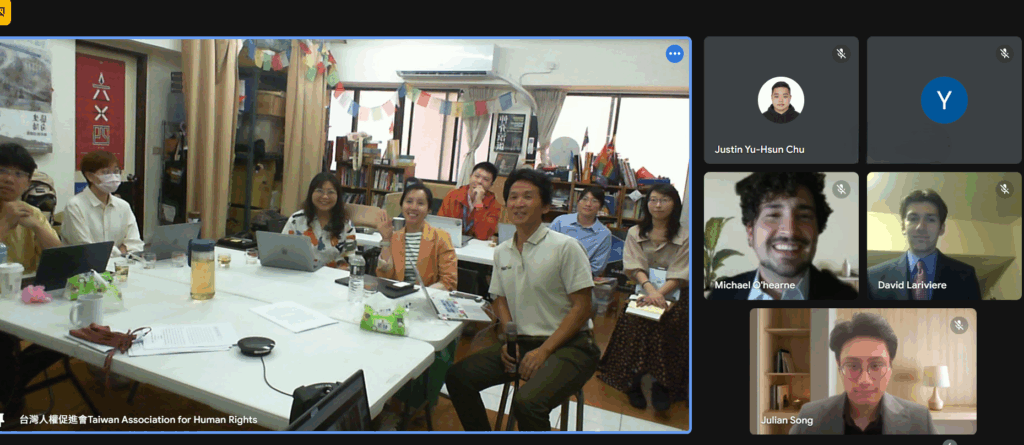*This is a summary of Kyoungmi Oh’s speech at a UNESCO workshop on Internet Universality Indicators https://www.intgovforum.org/multilingual/content/igf-2019-pre-event-3-improving-evidence-based-internet-policies-unesco-calls-for-your
What we like about Internet Universality Indicators is its focus on the positive impact of the Internet. We at Open Net Korea believe in the civilizational significance of the Internet as a democratizing force, a development force, and an equalizing force. When people are questioning Internet’s value with the fake news or hate speech fodder, we point out the level of knowledge newly made available to people. When people are challenging Internet’s value with the talk of data sovereignty, we point out the complexity of connections we have made across borders through the Internet.
Korea is an interesting country. Korea has high internet penetration rate of 90% compared to the world’s average of 48%. At the same time, Korea has the highest internet access price among OECD countries 8 times Paris, 4 times LA/NY, 2 times Singapore. How was this made possible? Korea has very strongly organized civil society that achieved peaceful impeachment of the President and yet Korea is one of the most vigorous in prosecuting truth defamation, which UN Human Rights Committee has recommended against on. How was this possible? Thirdly, Korea has one of the strongest data protection law in the whole world and yet still suffers high levels of function creep built upon the singular national identification numbers, which has caused massive data breaches.
It is these conflicting perceptions that have hampered our discourses on how to better the Internet, and it is these quandaries that we are hoping that Internet Universality Indicators will shed objective light on by comparing Korea’s situation with other countries.
Fortunately, I think that Internet Universality Indicators will be the low hanging fruits for Korea because there are already 4 papers I believe will have covered much ground in terms of raw data mining.
The annual national Internet Transparency report put out by Korea University will answer many questions posed by the Rights indicators.
The bi-annual Open Government Partnership independent assessment report will respond to the Openness indicators.
The annual Internet Use White Paper published by Korea Internet Security Agency will correspond to much data asked for by Access indicators. The annual Digitalization White Paper published by Korean National Informatization Agency will have produced much data sought for by Access Indicators.
What is sorely lacking is the analysis on the Multistakeholder indicators. Now, this will be a catch-22 because many governments do not want to see bad scores on themselves and will want to do the self-assessment when they know that the scores will be good. We have KISA folks in the audience (Do we?) and they have been passionate and diligent in participation in multistakeholder process but the government as a whole has not used the multi-stakedholder Internet Governance Forum as a space for serious discussion on internet policies.


0 Comments